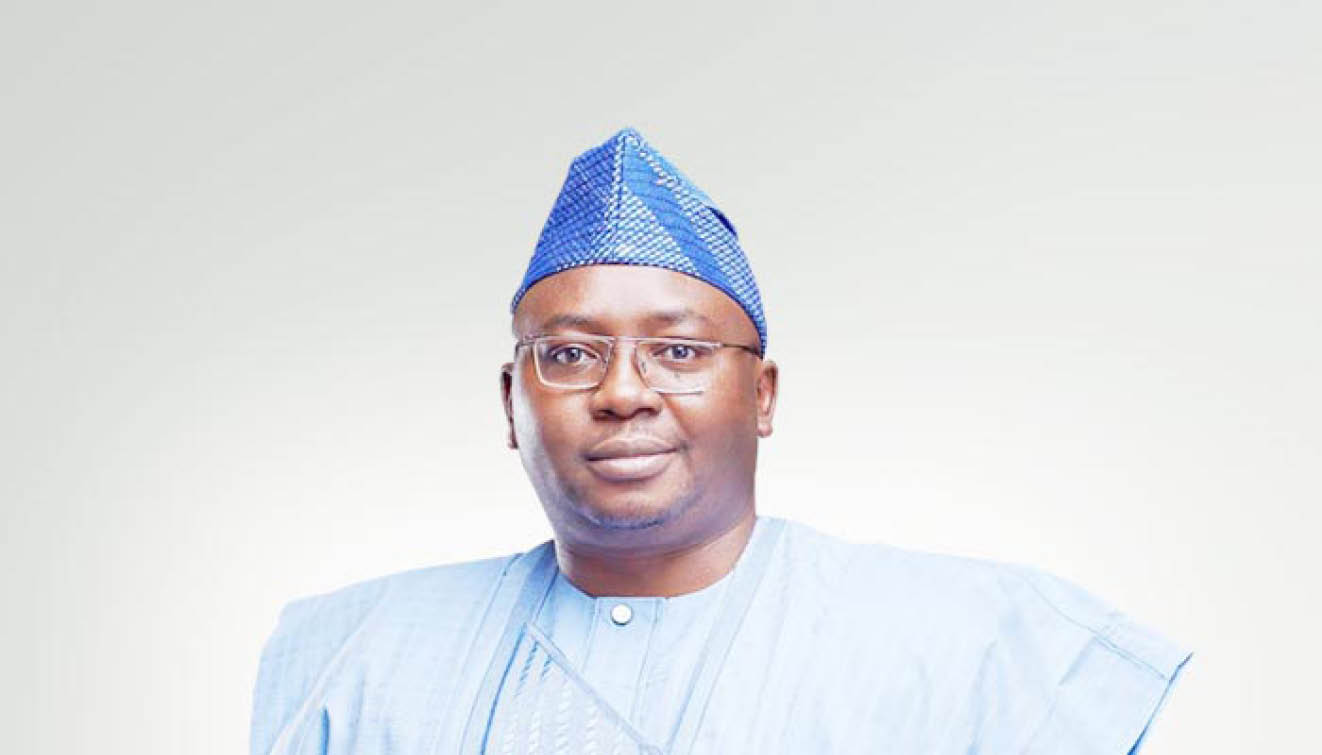Electricity consumers owe DisCos N348.84bn in 9 months
Electricity consumers in the country failed to pay N348.84bn of electricity bills issued to them by the 11 Electricity Distribution Companies (DisCos, Daily Trust reports. Analysis of quarterly reports published by the Nigerian Regulatory Commission (NERC) showed that the N384.84bn is from the total N1.53tr bill the DisCos charged their customers who paid N1.18tr out […]

the minister of power, chief adebayo adelabu
Electricity consumers in the country failed to pay N348.84bn of electricity bills issued to them by the 11 Electricity Distribution Companies (DisCos, Daily Trust reports.
Analysis of quarterly reports published by the Nigerian Regulatory Commission (NERC) showed that the N384.84bn is from the total N1.53tr bill the DisCos charged their customers who paid N1.18tr out of it.
A breakdown shows the customers did not pay N77.03bn from the N368.65bn they were asked to pay in the first quarter of the year as well as N112.48bn from the N543.64bn they were billed in the second quarter.
The unpaid bills further increased to N159.33bn in the third quarter from the N626.02bn they were told to pay.
- SUDAN: US announces sanctions against RSF leader
- Atiku’s men, El-Rufai, Al-Mustapha, others meet SDP leaders
Daily Trust reports the liquidity crisis has rocked the Nigerian Electricity Supply Industry (NESI) since its privatisation in 2013.
This has led to trillions of debts across the value chain and crippled infrastructure upgrades.
While the federal government is the highest debtor in the sector as it continues to subsidise electricity consumption by freezing tariff review for the past 7 months, experts have called on the need for a cost-reflective tariff to insulate the sector from government’s money.
Despite the government approving a rise in the tariff of the highest electricity consumers in April, the government would still need to pay over N2tr as subsidy payments for 2024.
To solve this, the convener of PowerUpNigeria, an electricity consumer rights advocacy group, Adetayo Adegbemle, has called for the operationalisation of the Power Consumer Assistance Fund (PCAF).
Adegbemle, in a statement, noted that the freeze of end-user tariff policy, which had been in effect since December 2022, has created a wide gap between cost-reflective tariffs and the rates charged consumers, resulting in a massive monthly subsidy burden of approximately N262bn by the federal government.
He said this has led to only 9.5 per cent of GenCos’ invoices settled from the market, leading to cash flow shortages that caused gas suppliers to curtail supplies.
“NERC’s intervention in April 2024 brought temporary relief by unfreezing tariffs for Band A customers—those guaranteed 20 hours of electricity supply daily. This adjustment increased market payments to 49.5% and reduced the monthly subsidy to N153bn.
“However, resistance to further tariff adjustments and the government’s reluctance to revise rates for lower bands have stalled progress. By December 2024, market payments were projected to decline to 39 per cent, with subsidies increasing to N200 billion.”
He however said the implementation of the PCAF, which was established under the Electricity Act of 2023, offers a transformative approach to resolving NESI’s liquidity challenges.
